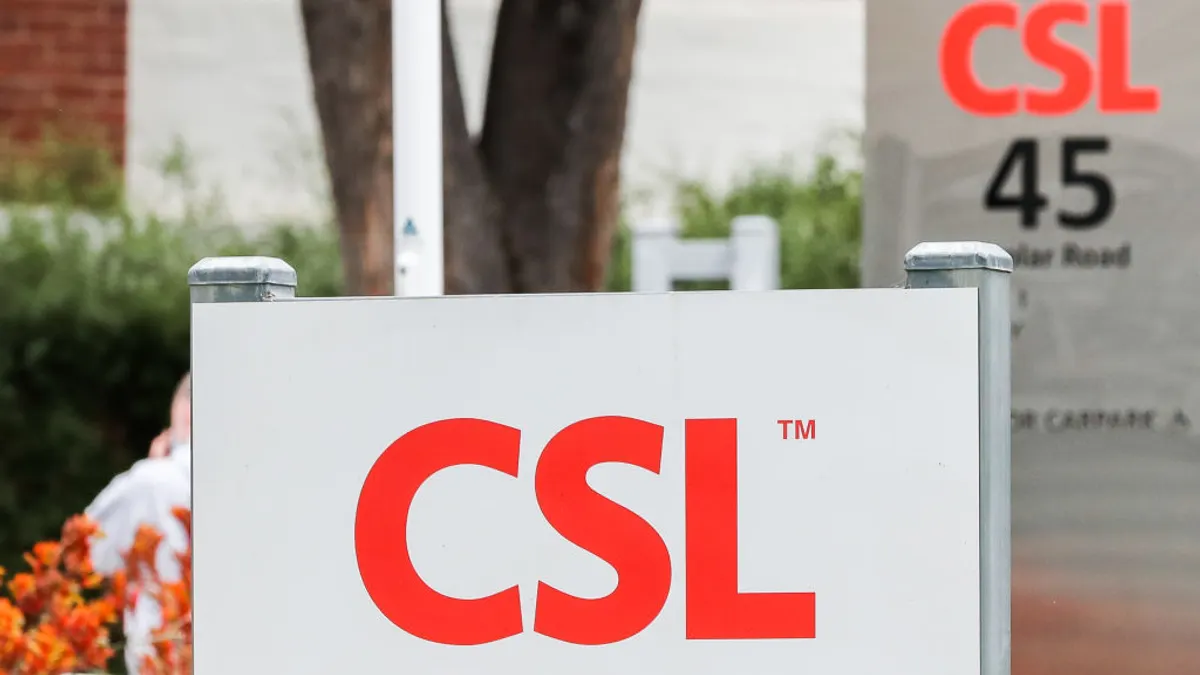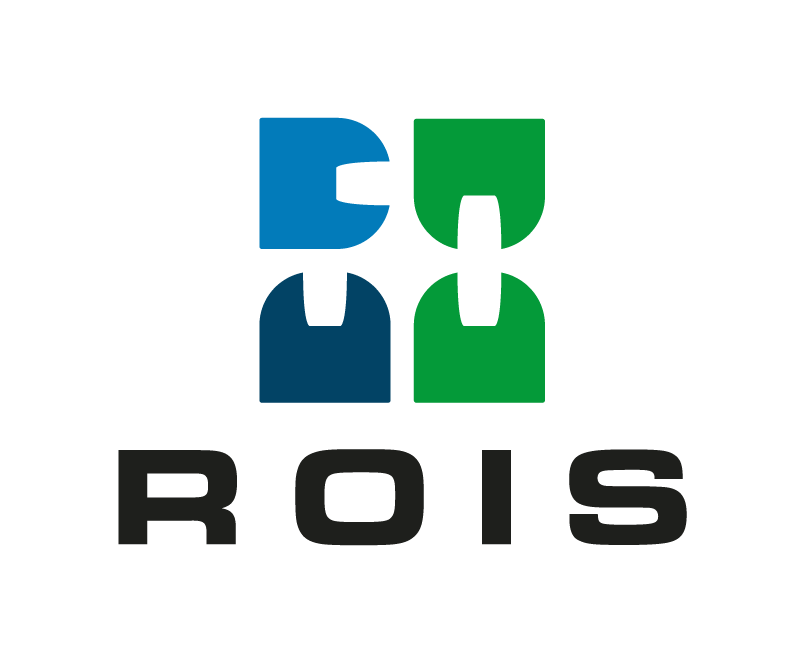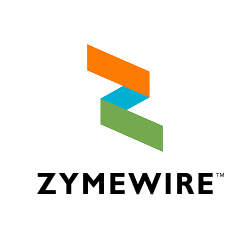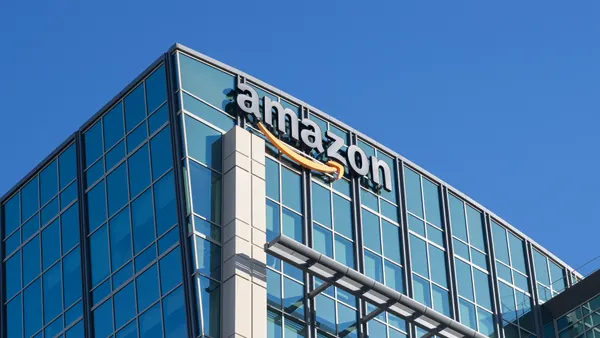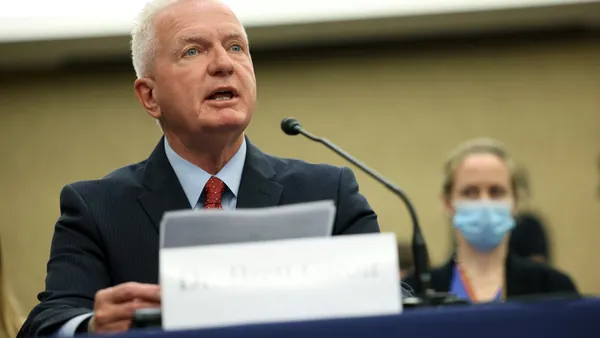Dive Brief:
- Australian drugmaker CSL is separating its vaccine business, Seqirus, into a standalone company as part of a sweeping restructuring across its business that will involve workforce cuts of up to 15%.
- CSL said Tuesday that a separated Seqirus, which will be chaired by former unit president Gordon Naylor, “will allow autonomy to set an independent strategic direction, including capitalizing on potential opportunities that may arise in a highly dynamic vaccines market.” The de-merger is expected to be completed by June next year.
- In earnings also released Tuesday, CSL said revenue for its vaccine unit was up 2%, which CEO Paul McKenzie described during a conference call as “robust result” given lower influenza vaccination rates in the U.S. The lower rates resulted in “competitive pressure” in the market, he added.
Dive Insight:
Most of CSL’s revenue comes from its CSL Behring business, which sells a range of blood disease treatments. Through Seqirus, however, CSL is also known for seasonal influenza vaccines like Afluria and Flucelvax that it sells worldwide.
The company said vaccines contributed $2.2 billion to total revenue of $15.6 billion for the fiscal year ending June 30, which saw a 14% increase in adjusted net profit.
While vaccine revenue was up slightly, CEO McKenzie said during the earnings call that the weak market was “disappointing.”
“We view the softness in the U.S. seasonal category as highly irrational based on the vaccine risk-reward profiles and the scale of disease burden, which this year reached a 15-year high,” he added.
Vaccines have become a flash point in the U.S. as Health and Human Services Secretary Robert F. Kennedy Jr. applies more scrutiny to established shots and policy. Most recently, HHS said it would defund research and development related to messenger RNA-based vaccines, canceling $500 million worth of contracts, including one with CSL Seqirus. In 2022, CSL Seqirus licensed mRNA technology from Arcturus Therapeutics to develop new respiratory vaccines.
Still, McKenzie expressed optimism in the overall stability of the U.S. influenza market.
“We are encouraged by the recent positive universal recommendation by the [Advisory Committee on Immunization Practices], a clear sign that influenza is not going away, and it still has severe impact on public health,” he said.
The Centers for Disease Control and Prevention currently recommends flu vaccination for all people over the age of 6 years. However, the ACIP panel, newly remade by Kennedy, also recommended for removal of the controversial preservative thimerosal from all flu vaccines. Very few vaccines in the U.S. contain thimerosal, but two multi-dose formulations made by CSL Seqirus do.
The job and spending cuts, along with the separation, are expected to save as much as $550 million over the next three years. CSL said it aims to “balance the reinvestment of these savings in high priority opportunities.”
CSL also said it would buy back A$750 million, or about $486 million, of shares this financial year.
Shares for CSL fell by over 15% on the Australian stock exchange following announcement of the restructuring.



